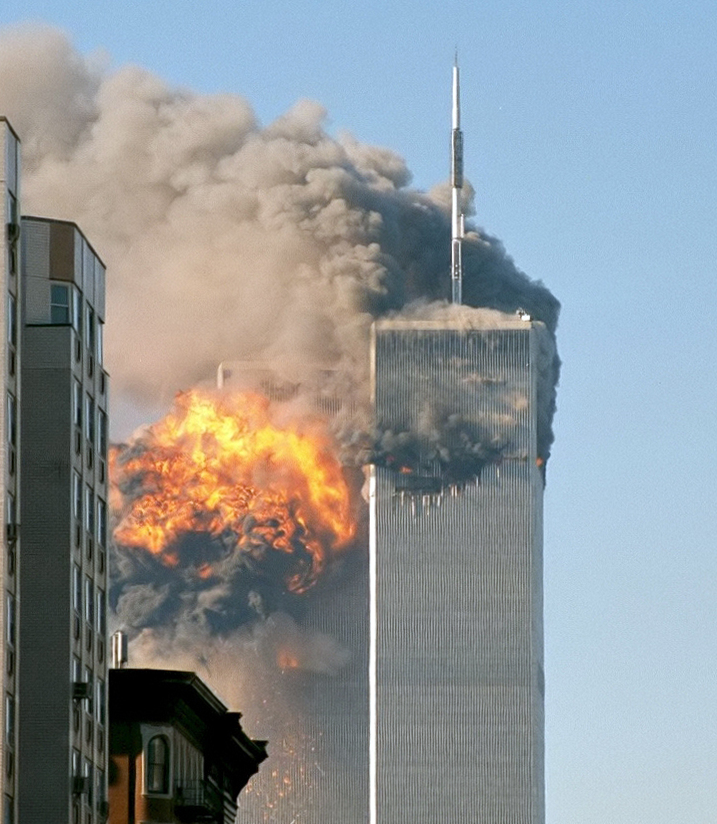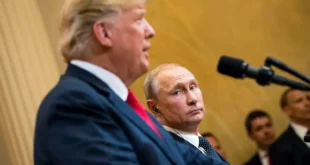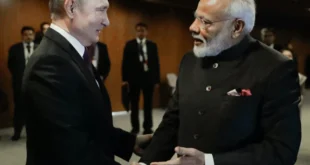This September 11 will be the 15th anniversary of the 9/11 terrorist attacks that ripped a hole in the soul of the world. The cowards who perpetrated these acts also scarred the image of Islam, so much so that when millions of Muslims condemned these attacks from their mosques and interfaith organizations, many non-Muslims were too hurt and angry to listen. The result: To many Americans, “Islam” remains conflated with “terrorism.” And to many Muslims, the “global war on terror” is conflated with a “global war against Islam.”
This psychological backdrop is why the timing of this year’s Muslim holy day Eid al-Adha (or the “Feast of Sacrifice”) is so unfortunate and potentially worrisome, as it falls on the day after 9/11. In undertaking the typical celebration of this holiday, Muslims may be falsely perceived as disrespecting the 9/11 memorial services, or worse, sympathizing with the terrorists.
Eid al-Adha commemorates the willingness of Abraham to sacrifice his only son Ishmael on God’s command (this will sound very familiar to Jews and Christians alike). However, upon realizing Abraham’s devotion, God instead asks him to slaughter a sheep rather than his son. Therefore, as part of the festival, Muslims symbolically sacrifice cows, lambs, goats, rams or other animals to God. The Eid holiday celebrates the end of the Hajj pilgrimmage, when Muslims around the world travel to Mecca to perform one of the five pillars of Islam. For Muslims living in the West, their faith will be tested this Eid similar to Abraham’s.
This sentiment has spun up into the U.S. presidential race. Donald Trump’s rhetoric has riled up Americans who want to see Muslims banned from entering the United States or subjected to McCarthy-like loyalty tests.
Even if these words and acts spring from a legitimate concern for security, they are ultimately counterproductive. Hate speech and discriminatory acts play into extremist narratives. In its propaganda, Daesh (also known as the Islamic State), for instance, promises would-be recruits a utopian society where they do not have to sacrifice their religious identity, as increasing numbers of Americans, French and others are demanding. These narratives strongly resonate with marginalized individuals, in particular, who experience grievances resulting from Islamophobia.
Al-Qaeda and Daesh franchises, noting the timing of the 9/11 attacks and Eid, may be inclined to carry out more attacks that boost their self-fulfilling prophecy of the West being at war with Islam. These terrorists would gain from making the next few days gruesome—shedding innocent blood in the name of their godless cause—especially since they believe that their acts of violence will be better rewarded in the afterlife if committed during these holy days of Dhu al-Hijja, the last month of the Islamic lunar year. The terrorist operations of this past Ramadan give credence to this line of thought. And recent Daesh losses both on the ground in Syria and Iraq, and in terms of its leadership as in the killing of Abu Mohammad al-Adnani, will push the organization to export its violence for strategic reasons, sowing death and chaos in subways and schools, mosques and churches. Furthermore, these terrorists claim that slaughtering the so-called infidels will bring them closer to the final battles of the apocalypse.
Marking the end of 9/11 with the start of Eid may seem like a strange paradox. But the terrorists behind the attacks 15 years ago wanted to pit the West against Muslims, and vice versa, in a war of misunderstanding. Policymakers and presidents around the world must remain vigilant, while Muslim leaders would do well to use the opportunity to describe religious duty to their faithful and educate the world on the true meaning of sacrifice. Because when we allow ourselves to be consumed by fear and hatred—perpetrating a mirage of duty that inspires violence—the terrorists most certainly win.
 Geostrategic Media Political Commentary, Analysis, Security, Defense
Geostrategic Media Political Commentary, Analysis, Security, Defense





